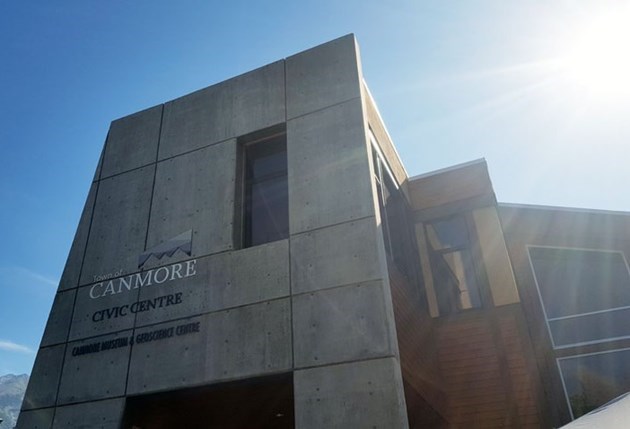Committees to allow for inclusivity
The Town of Canmore’s committee bylaw was amended to remove the citizenship requirement to be a member of a Town-led committee.
The decision aims to allow people from more diverse backgrounds to participate in municipal committees.
Lisa Brown, the manager of community social development for the Town of Canmore, said it is “to make sure leadership reflects our diversity and that new Canadians are full and equal participants in the political landscape.”
Council previously heard from the Bow Valley Immigration Partnership in June on ways to support inclusion and diversity in the valley.
The report highlighted how some committees require Canadian citizenship, while others need to be permanent residents but would limit members of the community for participating in committees.
All committees will still require people be at least 18 and a resident of Canmore.
Liaisons selected in Canmore’s reconciliation efforts with Stoney Nakoda
Two general managers with the Town of Canmore were chosen as part of the municipality’s Truth and Reconciliation efforts with the Stoney Nakoda Nation.
Whitney Smithers, the general manager of municipal infrastructure, and Sally Caudill, the general manager of municipal services, were picked for the role in helping to improve relationships with the two communities.
Smithers and Caudill are two of the highest ranking officials with the Town as they aim to create a memorandum of understanding with the Stoney Nakoda Nation.
Smithers said prior to a memorandum being established, Bill Snow, the consultation manager for the Stoney Tribal administration, asked for the Stoney Nation to receive access to public lands in Canmore for cultural ceremonies to help build a relationship.
“Without that space for cultural events, it really is hard for them to proceed with a memorandum of understanding because if we don’t have space in the Town for telling stories on the traditional knowledge or the history it’s hard to put the memorandum of understanding together because we don’t have the foundation for that.”
Bus barn budget gets increase
An increase of $100,000 was approved by Canmore council to help in the expansion of the bus barn.
The budget was previously approved for $200,000, with half coming from federal grants and the other 50 per cent from Municipal Sustainability Initiative funding.
The project would see the third bay converted from a storage bay for solid waste services to bus storage with electrical charging capabilities.
The council decision allows for the replacement of the federal funding with $200,000 from GreenTRIP funding.
Andy Esarte, the Town of Canmore's manager of engineering, said the GreenTRIP funding expires in March and the over budget bid likely came from supplier impacts felt across the country due to COVID-19.
"It's a shame projects are getting more expensive simply because the demand of grant dollars, but at the same time, I'm really pleased that these remaining GreenTRIP funding that we can complement the final funding for this project as well as a creative way at putting this project back together," Coun. Joanna McCallum said.
A staff report to council stated one bid was received for the project, which came in over the budgeted amount. However, the report noted the Town is reaching out to other companies who expressed interest for “considering alternative procurement methods."
Emergency services framework approved
Canmore council gave the OK for final approval to allow for the Town and the Kananaskis Improvement District to have a framework in place when using one another’s emergency services.
Largely a formality, the Municipal Government Act requires municipalities with a common border to have an inter-municipal collaboration framework in place.
The framework was provincially legislated to be in place by April 1, 2020, but the Kananaskis Improvement District asked for an exemption from the province.
They were denied and the framework had to be in place by April 1 this year, but an extension was provided until the end of August.
The deal sets rates for services and outlines specific areas of response.
The Town has a recreation agreement with the MD of Bighorn, but not a similar one with Kananaskis due to its small population size. Kananaskis residents can still access Elevation Place, but as a non-resident.
The Town has a water and wastewater memorandum of understanding for the Canmore Nordic Centre – which is technically in the Kananaskis boundary – but the agreement is with Alberta Parks.
Canmore and Kananaskis also have a mutual aid agreement for fire-rescue services, but historically the Town has not had any formal agreements with the KID, a staff report stated.
The two agreements allow Canmore and Kananaskis to bill the other for any fees if helping with a mutual aid emergency service.
Under the province’s outlines, the framework has to be reviewed at least once every five years.




